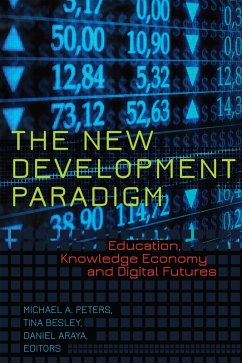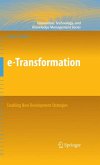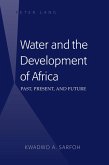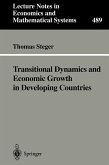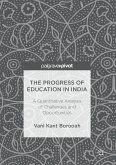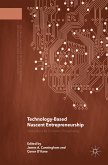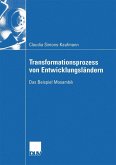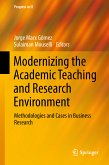Dieser Download kann aus rechtlichen Gründen nur mit Rechnungsadresse in A, B, BG, CY, CZ, D, DK, EW, E, FIN, F, GR, HR, H, IRL, I, LT, L, LR, M, NL, PL, P, R, S, SLO, SK ausgeliefert werden.
«Here is a book that is finally tackling the general trends towards openness, participation and sharing, and the ways in which these new trends are affecting individual and social learning as well as business and social innovation and development. This book of in-depth essays tackles these interconnected issues head on and inquires into the shape of an emerging integrative eco-system that is taking advantage of all the recent social innovation to give new hope to the perennial movements for social empowerment.» (Michel Bauwens, Founder, Peer to Peer Foundation)
«This book provides probing and insightful perspectives on education and development in the digital age. It avoids both the exaggerated optimism and the unhelpfully dismissive pessimism often associated with talk of knowledge societies and economies. Peters, Besley and Araya have assembled an eclectic set of essays with a strong international cast of contributing authors who draw on aesthetics, cultural studies and political economy to address key questions relating to creativity, openness and communication in 21st-century education.» (Peter Roberts, University of Canterbury, New Zealand)
«Developments in information and communication technologies and the creation of cyberinfrastructures are dramatically transforming the production and dissemination of knowledge, creating the conditions of possibility for new modalities of teaching and learning. Open learning, open innovation, e-learning, cyberlearning, user-generated and user-created media, etc., provide opportunities today for more integrated, participatory networks of critical citizenship. Facebook, LinkedIn, Flickr, Second Life, World of Warcraft, Wikipedia, Ning, and YouTube and Peer-to-Peer networks are heralding a new age in which the rhizomatic network is replacing the isolated individual as the main unit of analysis, expanding potentialities to bring about new ecologies of participation and meaning-making and perhaps even a new digital socialism for the 21st century. 'The New Development Paradigm' is at the cutting edge of scholarship attempting to guide educators through the new digital age.» (Peter McLaren, Professor, Graduate School of Education and Information Studies, UCLA, and Distinguished Fellow in Critical Studies, Chapman University)

